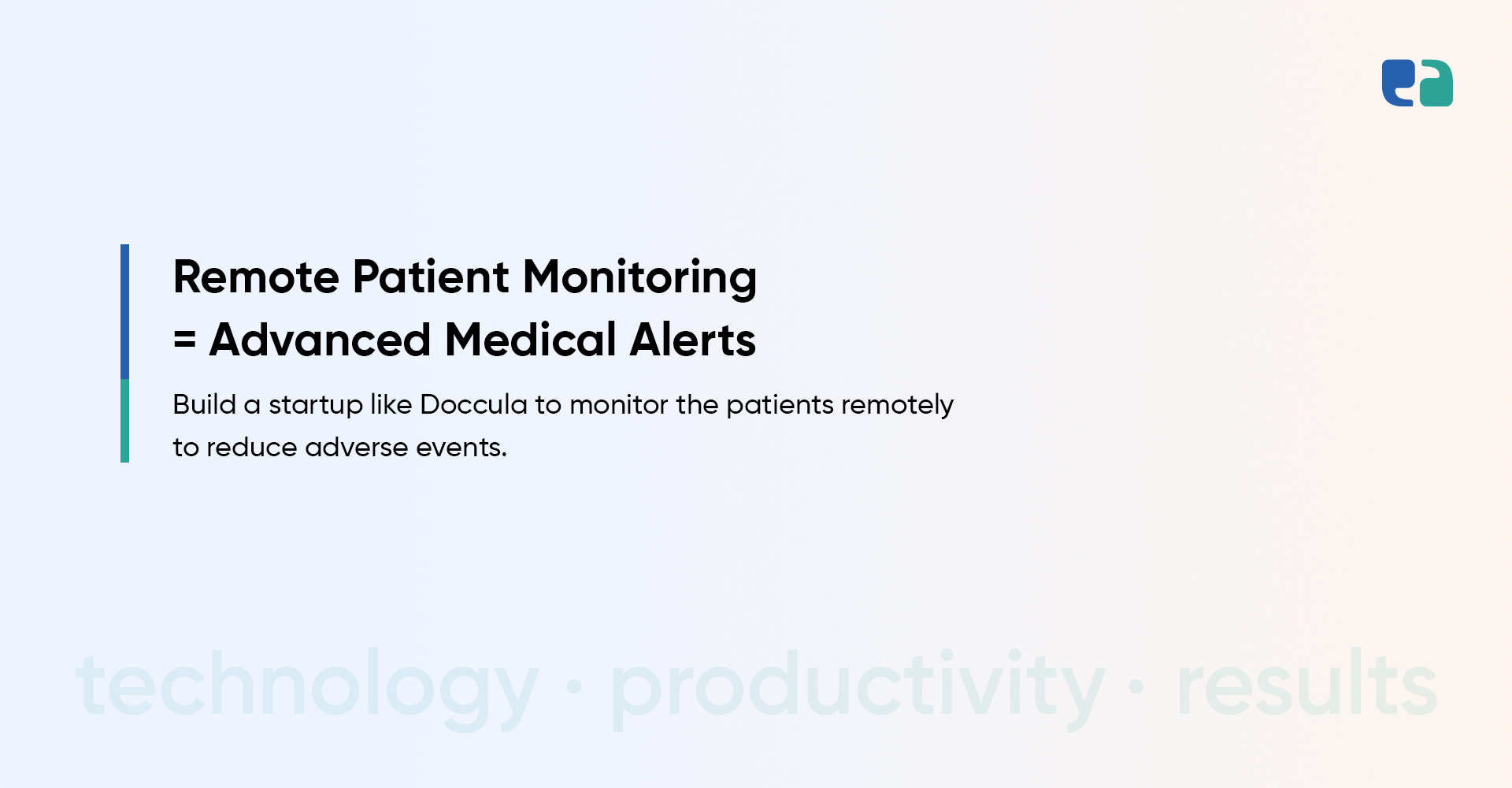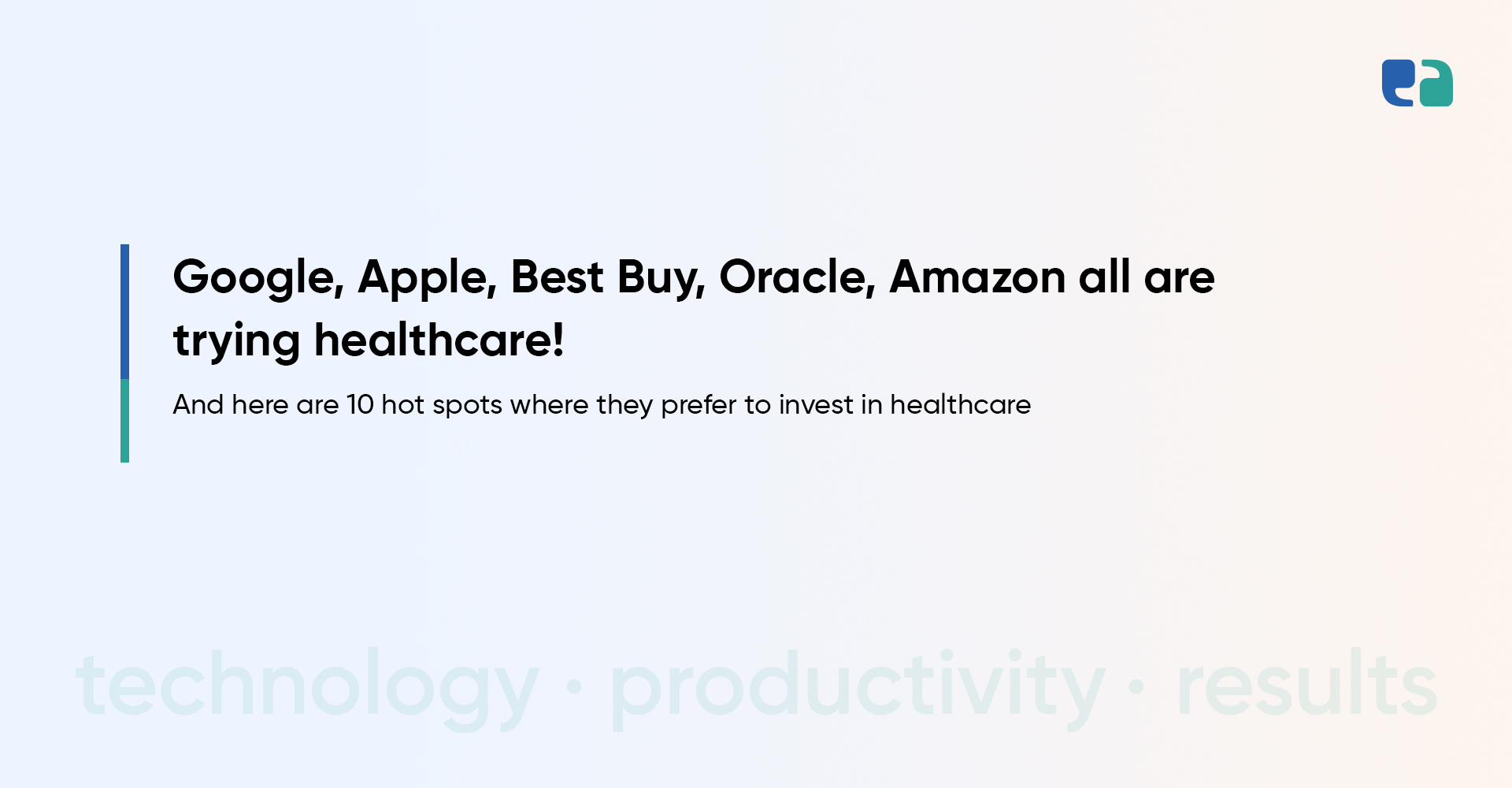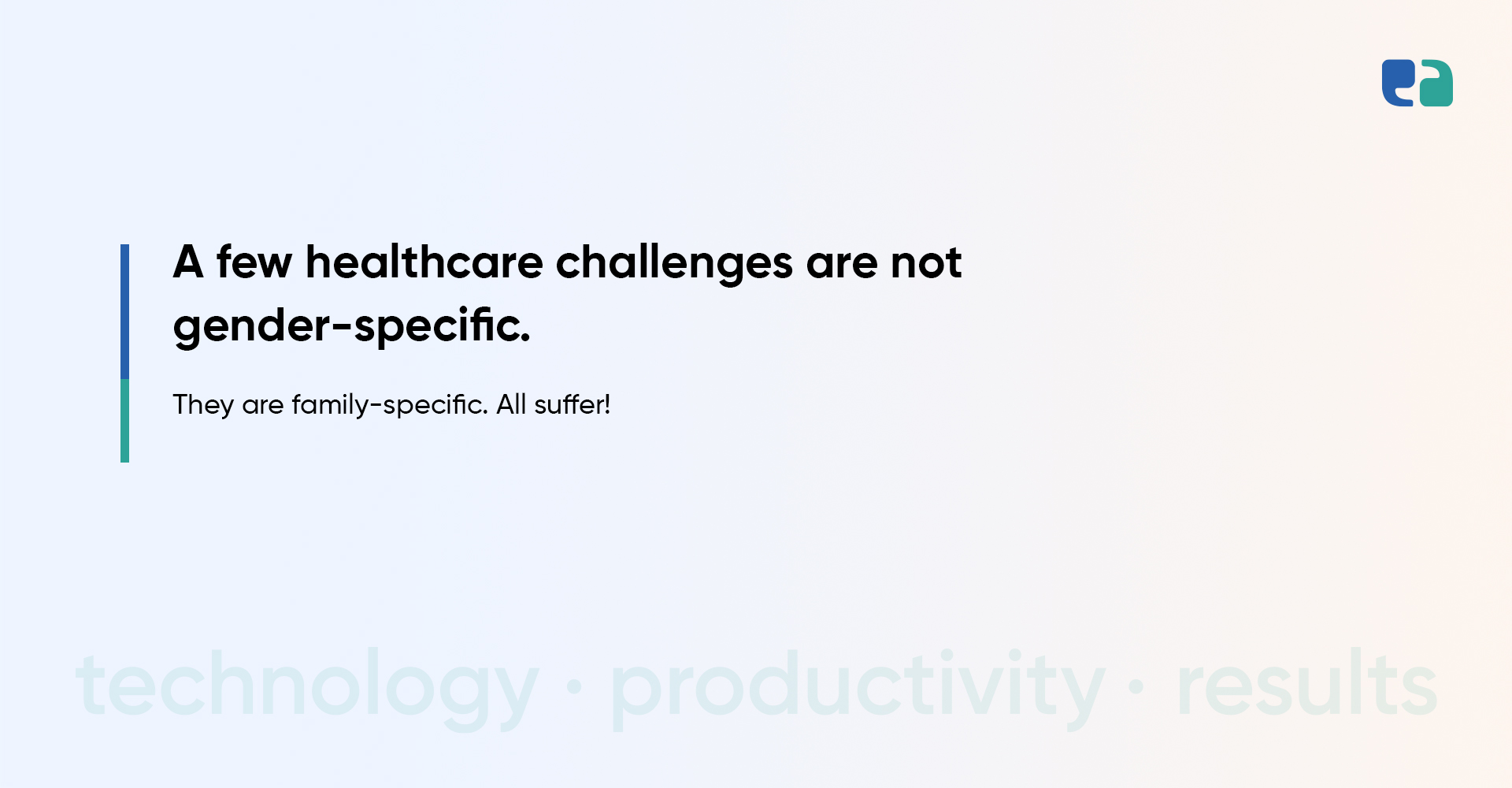Telehealth has grown rapidly throughout the COVID-19 pandemic.
SMS has become the norm in the healthcare industry.
Patients are receiving their appointment and medication reminders on their mobile phones.
But are they safe?
Know the effect SMS has on the healthcare industry in this blog.
Let us understand how SMS is being used in it.
Impact of using SMS service in Healthcare
One of the main benefits of telehealth is the convenience it offers patients, who can receive medical consultations from the comfort of their own homes. However, telehealth also presents some challenges and risks, particularly when it comes to SMS-based prescriptions.
SMS-based prescriptions involve doctors sending prescriptions via text message to their patients. This method of prescription delivery has become more common during the pandemic, as it eliminates the need for patients to visit a doctor’s office or pharmacy physically. However, SMS-based prescriptions present some challenges and risks that need to be addressed.
The use of SMS for health-related communication is one of the most effective yet inexpensive methods. It helps patients by sending them reminders of upcoming appointments, medications, and illness management.
Healthcare organizations reduce the waiting time for patients by sending a notification to inform them about any delays. This technology also helps in the reduction of canceled appointments. It is used for sharing vital patient data such as prescriptions.
With this advancement, patients want telehealth to become a part of the Australian healthcare industry. The SMS system is used in multiple ways and some of which are discussed in this blog.
Use of SMS-based Prescriptions in Healthcare
The SMS system is used to remind patients to collect their prescriptions.
It ensures the maximum collection of prescriptions.
In chronic conditions, SMS is used to understand the patient’s behavior and help them in getting appropriate changes in their medications and treatments. It assists in reducing the impact of conditions on patients by helping them in managing their illnesses.
These reminders help in better self-management which boosts the self-efficacy of the patient. It can even include support network creation, management, and feedback features.
People who are hesitant about going to a clinic prefer virtual consultations and getting prescriptions on their smartphones.
These prescriptions are usually in the form of a QR code which needs to be scanned by the pharmacists to know the prescribed dose. Each medicine has its own QR code. Hence, patients need to ensure that they have got the complete prescription.
No matter how advanced the health tech system gets, it has got its own set of risks and challenges.
Challenges associated with SMS-based Prescriptions
Healthcare professionals have one major challenge when dealing with SMS prescriptions – end-to-end data encryption.
Though the medication information is not revealed to any person (except the provider, pharmacist, and patient), the SMS can be shared with another person. If the information is shared then, the Privacy Act is breached.
The data needs to be secure keeping in mind the compliance and the exceptions provided by the Medical Indemnity Protection Society (MIPS).
Role of Data Governance and Technology in ensuring Patient Safety
In the current digital age, patients are wary of sharing their data with organizations.
Due to the concerns of misuse and data breaches, sharing health information with public or private organizations has become difficult.
The Government of Australia enacted an overarching data privacy law, The Privacy Act, made back in the late ‘80s. This law protects vital patient information from data theft and leakage.
The Australian Government has declared that telehealth will continue only for limited types of treatments. Though the MSIA (Medical Software Industry Association) has submitted the request of withholding the telehealth changes, the decision is under review.
The proposed telehealth changes state that using SMS-based prescriptions in a rapidly growing world of technology is hazardous. A new provision discourages the providers from giving care to patients with whom they have never consulted, be it in-person or through telephone or video.
It includes prescription requests based on the online healthcare questionnaire and not real-time. The CEO of MSIA, Emma Hossack states that limiting the use of effective technology would be an analog approach in the digital world.
The future of telehealth in Australia depends on the decision of the Medical Board of Australia.
According to MSIA, the technology regulation should be developed by relevant stakeholders like doctors. The overarching data governance framework should also be one of the considerations for regulating telehealth in Australia.
To strengthen the Australian Privacy Act (1998), the government has proposed some more stringent legislation to ensure the privacy and safety of their citizens. It will shape the future of telehealth in Australia.
However, small and independent clinics will not have to worry about these laws as they’re free to practice telehealth with the help of applications.
Development of a telehealth application might be tedious but it gives assured results. Our team has developed many such telehealth software and applications. One such case study is attached below defining the process of how we understood the needs of the project and developed a solution for them.
Focus more on your practice and leave the tedious work for us.
Are you looking for an organization that can help you build a telehealth mobile or web application? If yes, let us discuss your requirements and how we can help you achieve them.
FAQs
Can a doctor share a patient's health information with another healthcare professional?
Yes. If sharing medical information is necessary for the treatment of a patient then, the doctor can share the required health data. The doctor won’t need the patient’s consent.
Does the Privacy Act apply to virtual care and e-prescriptions?
Yes. The privacy act applies to all healthcare areas where patients’ vital information is captured and stored. The act is updated constantly to keep up with modern trends and cover all the patient’s records.
Can healthcare service providers share sensitive health information with their employers?
No. The Privacy Act 1988 does not allow providers or any employee of the healthcare industry to share any sensitive health data with their employer. They can share the data only when the employer has written consent from the patient.



